Scholars Spotlight - Miki O’Connell
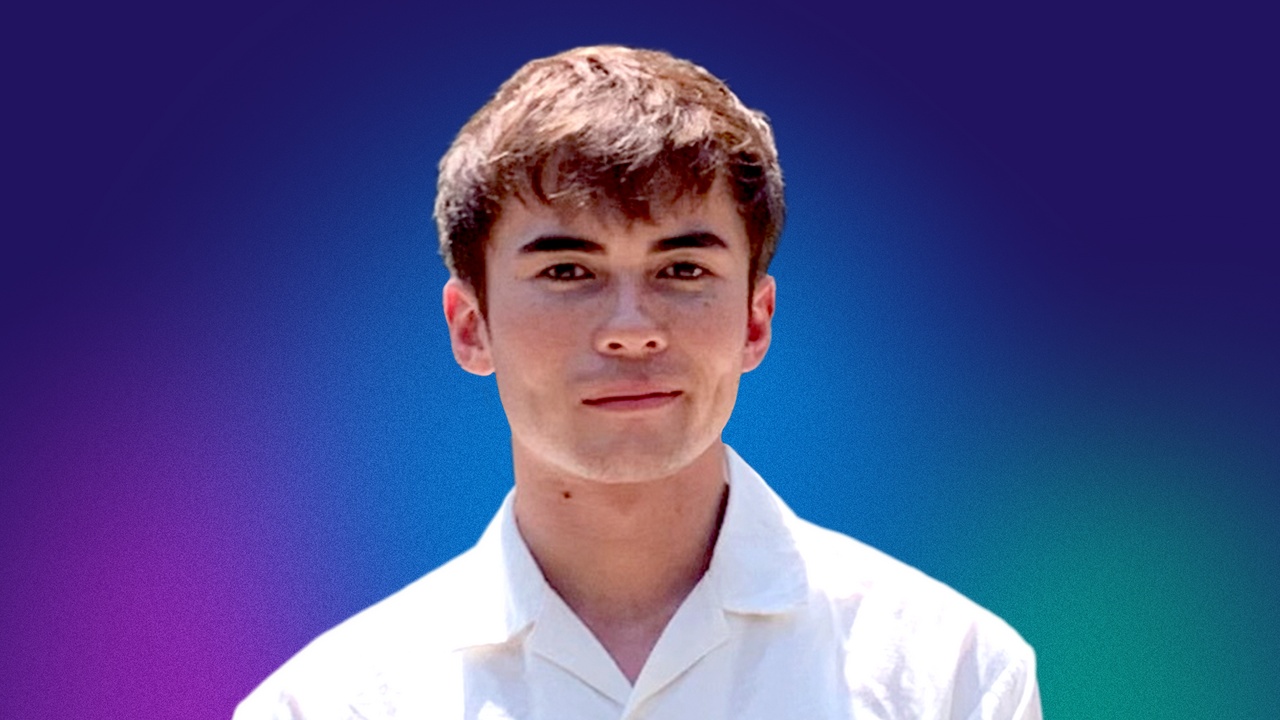
Miki O'Connell, a Laidlaw Scholar at the University of St Andrews investigating the contrasting refugee integration approaches taken by Jordan and Lebanon in response to the Syrian crisis
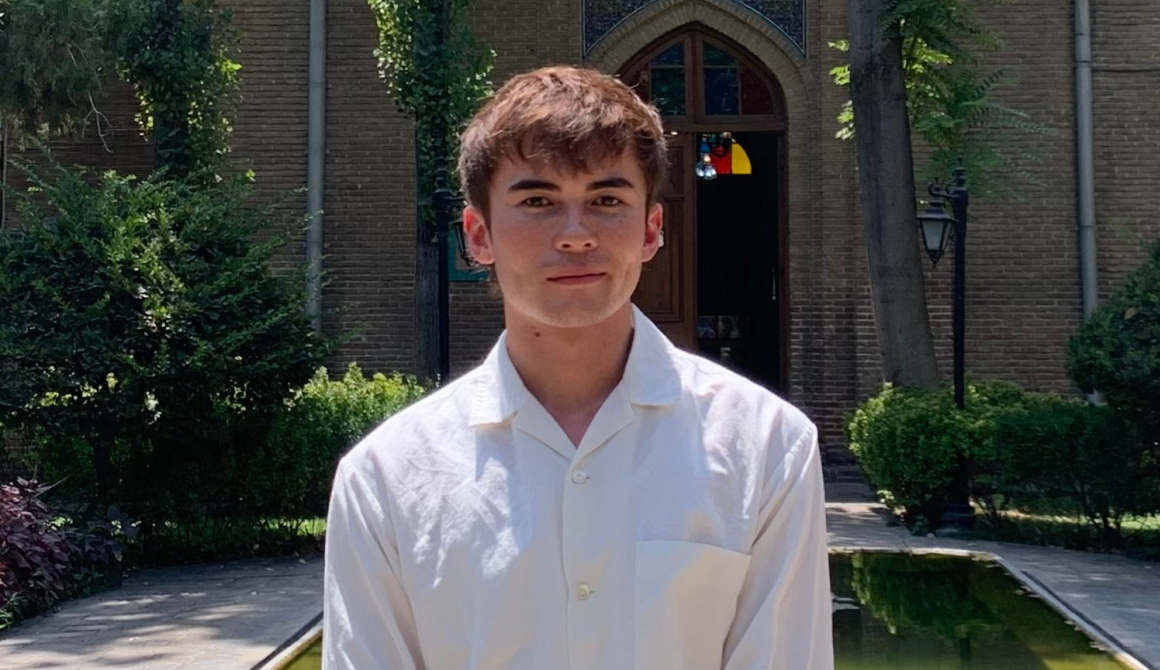
Research Title:
One Crisis, Two Responses: Jordan and Lebanon’s Contrasting Approaches to Syrian Refugee Integration
Please briefly outline what your research is about, and its potential real world impact
Since the start of the Syrian Civil War in 2011, over 6 million Syrians have fled their homeland. Many have sought refuge in the relative safety of Jordan and Lebanon. Although these two host countries bear certain resemblances, Syrian refugees have faced greater difficulty integrating in Lebanon than in Jordan. My research explored why the Jordanian and Lebanese governments had adopted such different policies towards Syrian refugees, by focusing on the influence of historical experiences and domestic politics.
I found that both governments had historically avoided creating legal frameworks for refugees. This was the result of lessons learned from hosting Palestinian refugees, who had contributed to political instability in both countries. However, when faced with the Syrian refugee crisis, Jordan and Lebanon’s policy responses diverged. Jordan’s relatively stable political environment enabled it to coordinate a quicker and more accommodating response. In contrast, Lebanon’s fragmented sectarian political system, its severe economic crisis, and lingering trauma from decades under Syrian military occupation contributed to more hostile policies – including deportations of Syrian refugees.
My research demonstrates the importance of country-specific conditions in shaping the integration of refugees. It highlights the need for policymakers and non-governmental organisations (NGOs) to tailor their refugee assistance strategies to the political realities of host countries. These insights can inform future responses to displacement crises across the world.
Where did your passion for this research originate? How does your personal story feed into it?
I grew up in the Middle East, surrounded by friends from countries in the region. I was lucky enough to visit places like Jordan, Lebanon, and Syria. My interest in the situation of Syrian refugees – and the controversy surrounding their presence in neighbouring states – has been shaped by these personal experiences. From conversations with Jordanian and Lebanese friends, I learned that refugees can sometimes be perceived as a ‘burden’ on the societies that host them. This prompted me to question the basis for such perceptions, and to design a research project on this topic.
What is the most memorable moment from your Laidlaw scholarship experience so far?
I had the privilege of travelling to Amman, Jordan, to conduct interviews with non-governmental organisations (NGOs) that support Syrian refugees. Outside of my Laidlaw research interviews, I put my Arabic skills to good use and chatted with friendly people in the city. An unforgettable moment was a conversation I had with a group of Palestinian friends, who had just arrived in Amman from the West Bank. They were kind enough to speak to me about their daily struggles under Israeli occupation. Although I had read about the issues they face, their personal accounts carried a different weight. For example, these friends described how Israeli checkpoints made it almost impossible for them to visit each other in the West Bank. Listening to them reminded me, once again, of the importance of keeping human stories at the heart of the issues I study – especially as a student of international relations.
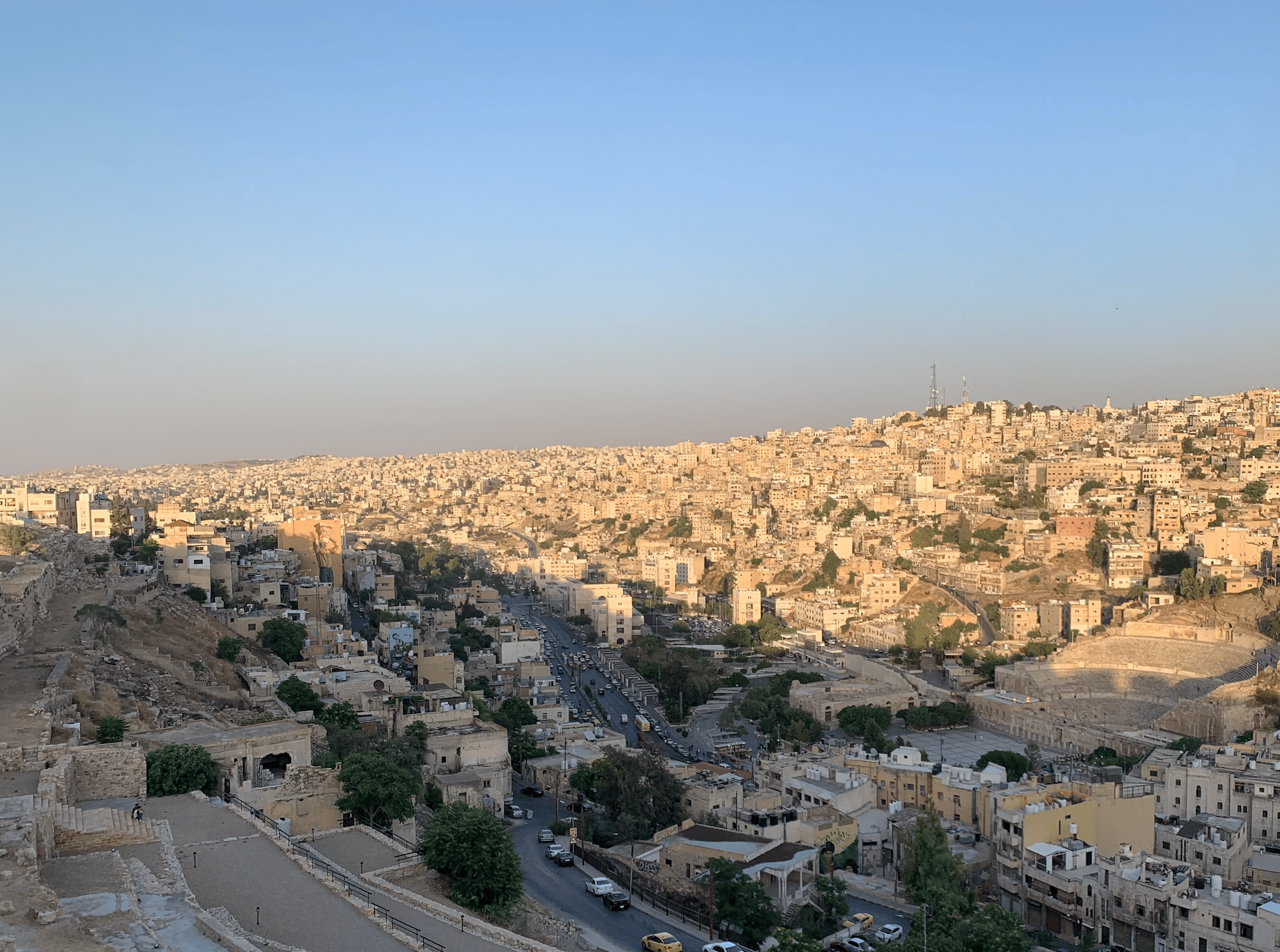
A view from the Amman Citadel
What is the biggest challenge you came across in your research and leadership journeys so far, and what did you learn from it?
Whilst I was in Amman conducting fieldwork, Israel began its illegal attacks against Iran. I reflected on the tragedy in a blog post. This triggered widespread travel disruptions, and I was forced to cut my trip short and return to Scotland earlier than planned. Unfortunately, this meant that I couldn’t complete several of my planned in-person interviews with NGOs.
Once I was back home, I had to quickly adapt to my new circumstances to continue my research. I reached out to my participants and managed to reschedule most of my interviews online, and I successfully collected the insights I needed. This experience taught me the importance of flexibility: we can’t plan for unforeseen events, but we can still control how we react to them.
What does it mean for you to be a Laidlaw Scholar?
Becoming a Laidlaw Scholar means joining a community of intellectually curious and highly motivated students committed to creating positive change. My experience at the Laidlaw Conference in Durham helped me better appreciate the ‘community’ aspect of this programme. In Durham, I learned from Scholars who spoke with passion about their diverse research areas, and connected with others who shared my interests. Likewise, I have used the Laidlaw Network website as a space to exchange ideas with other undergraduates. It’s such a privilege to have the opportunity to contribute to this community.
Which particular leaders inspire you the most and why?
As a young person, I find Greta Thunberg particularly compelling. She has recently played a public role in the flotillas attempting to break the Gaza blockade. While some critics have dismissed Greta’s activism for Gaza as ‘performative’, I believe that she exemplifies ethical leadership. By participating in the flotillas, Greta risked her own safety to raise awareness about the genocide in Gaza. And when she drew media attention for the harsh treatment she endured in Israeli custody, Greta demanded that the world focus on the suffering in Gaza, and not on her or the other flotilla activists. She demonstrated integrity by placing this moral cause above herself and her wellbeing.
Briefly describe a scene from the future you are striving to create.
I hope to play a part in shaping a world where peace and social justice prevail over conflict. For now, addressing the immediate effects of violent conflict – such as displacement – remains an urgent need across different parts of the world. I would like to make a positive impact on the lives of people affected by these issues.
Quick Fire Questions
📺 Film recommendation:
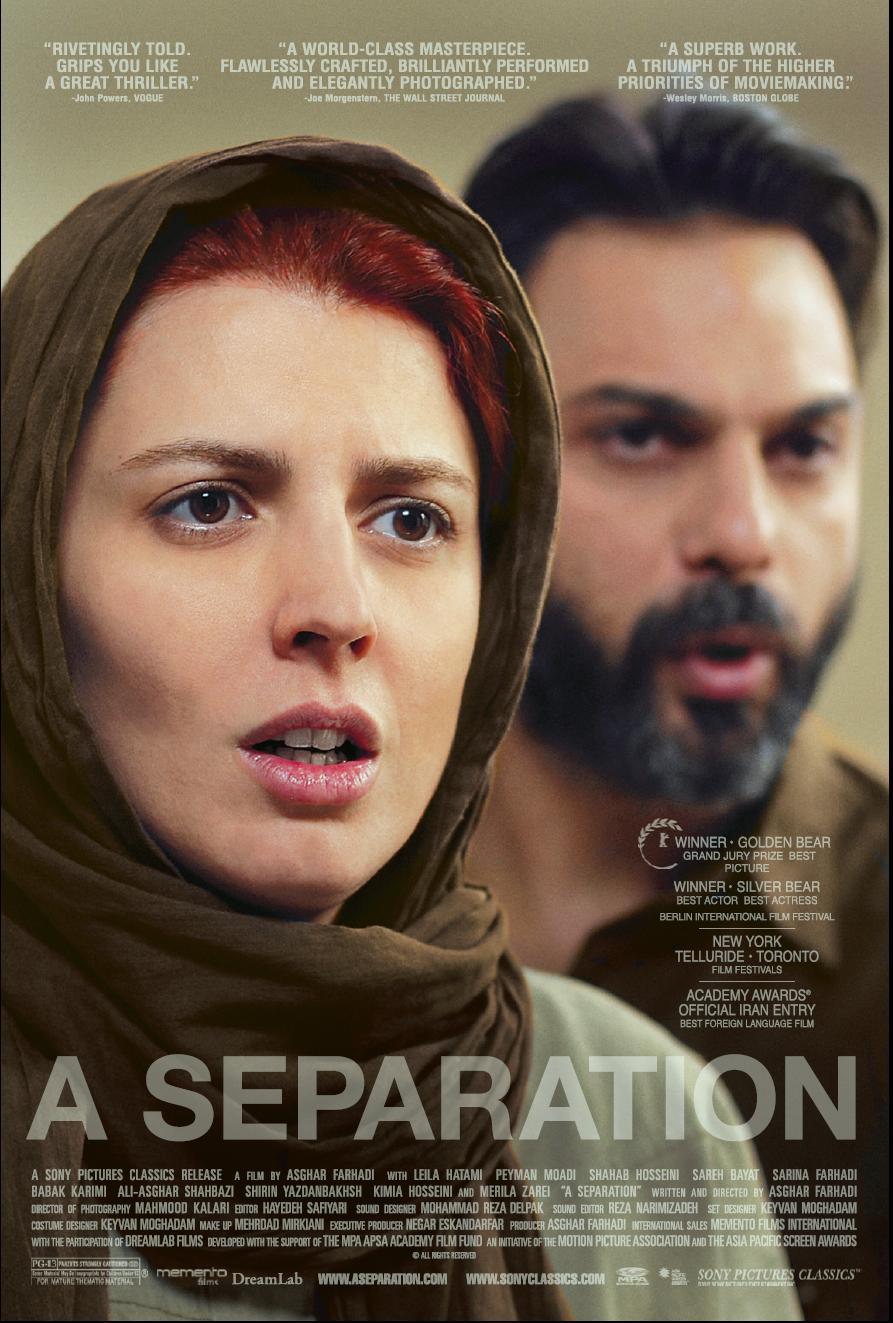
📚 My top book recommendation:
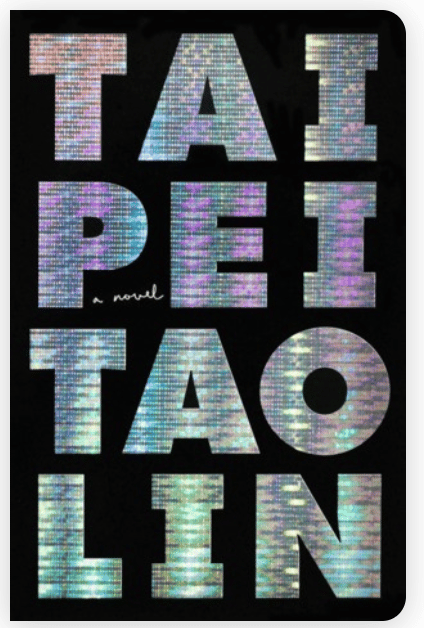
🎶 My anthem:
🎶 Current Podcast Obsession:
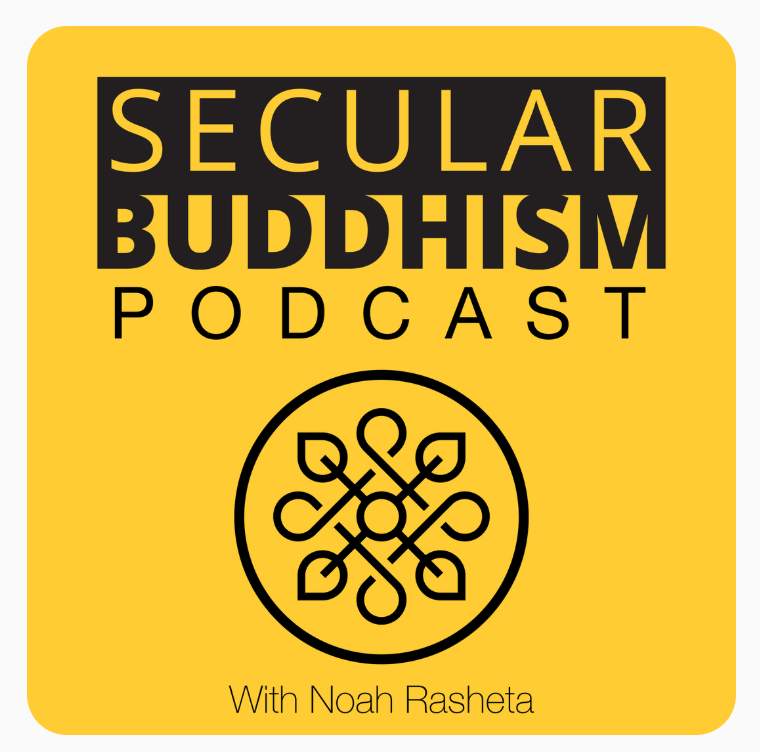
🌈 Something that made me feel joy recently:
I have been making a conscious effort to feel grateful for my life, and to feel grateful for the people that make it so wonderful. These ideas have been bringing much joy into my life!
If you want to learn more about Miki's work, explore his research here and follow him on Linkedin. Miki is a Laidlaw Undergraduate Leadership and Research Scholar at @University of St Andrews . Become a Laidlaw Scholar to conduct a research project of your choice, develop your leadership skills, and join a global community of changemakers from world-leading universities.
Find out more about the Laidlaw Scholars Undergraduate Leadership and Research Programme.
🔦 Discover more Scholar Spotlights:
⚡️ Patrícia Gonçalves, a Laidlaw Scholar at Oxford University's Saïd Business School, on navigating the crossroads of public and private sectors and championing a sustainable, equitable future.
⚡️ Patrícia Gonçalves, a Laidlaw Scholar at Oxford University's Saïd Business School, on navigating the crossroads of public and private sectors and championing a sustainable, equitable future.
⚡️ Sophia Waseem Khan, a Laidlaw Scholar at Durham University, champions sustainable agriculture through innovative ion recovery.
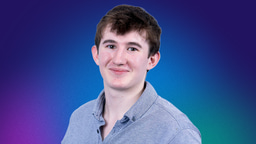
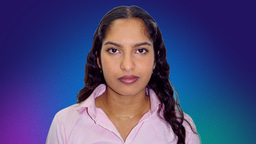
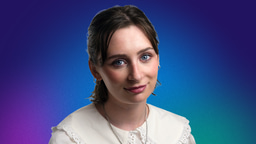

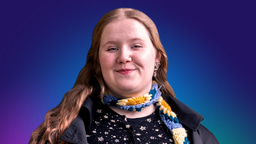
Please sign in
If you are a registered user on Laidlaw Scholars Network, please sign in
Congratulations on being featured, Miki, and on all of your hard work in the programme so far!